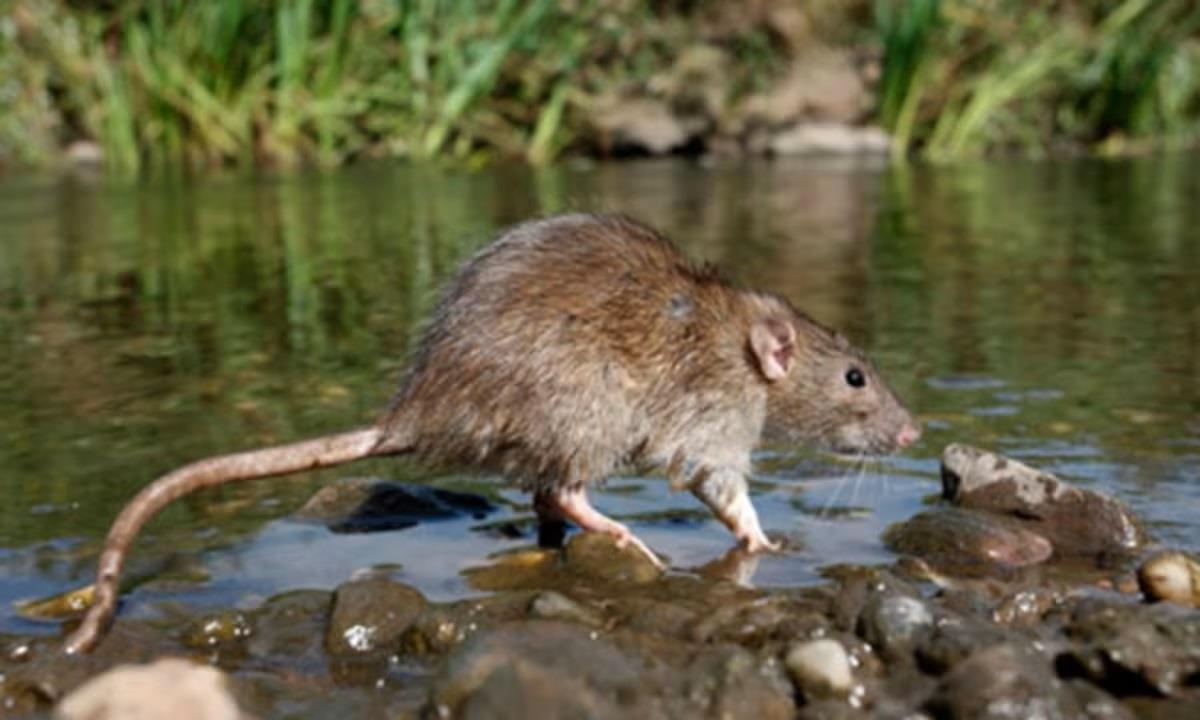
Leptospirosis In Panama: 63 Cases And One Death In 2024 And How To Protect Yourself
reports 63 cases of leptospirosis
in Panama so far in 2024, with one death of a 44-year-old woman recorded in the province of
Coclé.
This bacterial disease, which is transmitted from animals to humans, represents a challenge for public health, especially in vulnerable areas.
Leptospirosis is
a zoonotic disease caused by the
leptospira
bacteria,
which is found in the urine of animals such as rodents, dogs and cows. Infection occurs through contact with contaminated water or surfaces, making areas with flooding or stagnant water high-risk areas.
“The risk increases after rain or floods, as people can be exposed to contaminated water. It is crucial not to walk barefoot in these areas and to wear waterproof clothing,” explained Jorge Jesús Rodríguez, a doctor specializing in health promotion at Minsa.
The initial symptoms of leptospirosis are similar to those of viral infections, but they have a bacterial origin and require immediate medical attention. The main signs include:
-
High fever.
Headache.
Muscle pain.
Conjunctiva infection.
Jaundice.
General malaise.
Rodriguez stressed that this disease requires treatment with antibiotics and that self-medication can complicate the condition.
Minsa urges the population to follow these preventive measures:
-
Avoid contact with contaminated water: wear boots and waterproof clothing in flooded areas. Avoid walking barefoot in risk areas.
Maintain hygiene at home: clean pet areas and make sure they are vaccinated. Control the presence of rodents by removing tall grass and properly handling waste.
Ensure safe drinking water: Use safe water for cooking and washing food. Boil water for five minutes if it is not safe to drink.
The report of cases in Panama, together with the death recorded in Coclé, underscores the importance of preventive measures.
Minsa calls on the population to protect their health take care of their environment and go to medical centers if they have any suspicious symptoms, since they can be confused with other common diseases, such as dengue and other hemorrhagic fevers.

Legal Disclaimer:
MENAFN provides the
information “as is” without warranty of any kind. We do not accept
any responsibility or liability for the accuracy, content, images,
videos, licenses, completeness, legality, or reliability of the information
contained in this article. If you have any complaints or copyright
issues related to this article, kindly contact the provider above.


















Comments
No comment